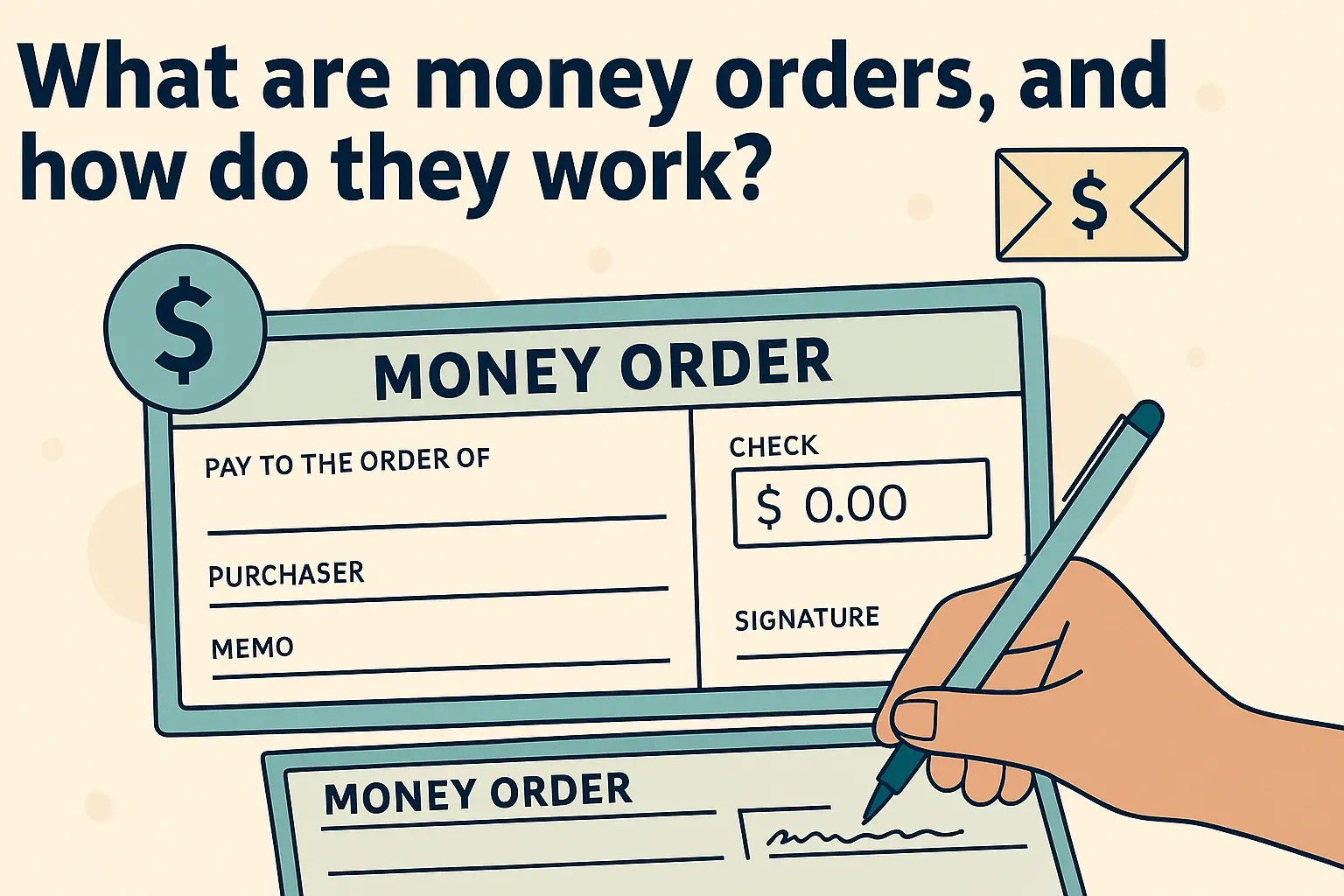-
Posted on: 05 Aug 2024

-
Understanding your credit score is crucial for navigating the financial world. It impacts everything from loan approvals to interest rates on credit cards. The FICO score is one of the most widely used credit scoring models. But what exactly is a "perfect" FICO score, and what does it mean for you?
Understanding the FICO Score Range
The FICO score ranges from 300 to 850. The higher your score, the better your creditworthiness, and the more likely you are to be approved for loans and credit cards with favorable terms. Here's a general breakdown of the FICO score ranges:
- 300-579: Very Poor
- 580-669: Fair
- 670-739: Good
- 740-799: Very Good
- 800-850: Exceptional
As you can see, the top of the scale is 850. So, the answer to the question "What number is a perfect FICO score?" is 850.
Is an 850 FICO Score Achievable?
Yes, achieving a perfect FICO score of 850 is possible, but it's not common. It requires diligent management of your credit accounts over a long period. While many people have excellent credit scores in the 700s and even low 800s, reaching 850 is a testament to consistently responsible financial behavior.
How Many People Have a Perfect FICO Score?
The percentage of people with a perfect 850 FICO score is relatively small. Estimates suggest that it's usually around 1-2% of the population. This highlights the dedication and discipline required to maintain such an exceptional credit profile.
What Does an 850 FICO Score Mean?
Having a perfect FICO score demonstrates to lenders that you are an exceptionally reliable borrower. It signifies that you consistently pay your bills on time, manage your credit responsibly, and are a low-risk candidate for loans and credit.
Benefits of a Perfect FICO Score
While having a score slightly below 850 (e.g., in the 800-849 range) already unlocks most of the best benefits, reaching the perfect score provides some additional advantages:
- Best Interest Rates: You'll qualify for the lowest possible interest rates on loans, mortgages, and credit cards. This can save you thousands of dollars over the lifetime of a loan.
- Greater Approval Odds: You'll have the highest likelihood of being approved for credit cards, even those with stringent requirements and exclusive perks.
- Higher Credit Limits: Lenders are more likely to offer you higher credit limits, giving you more financial flexibility.
- Negotiating Power: Your exceptional credit score gives you leverage when negotiating rates and terms with lenders.
- Peace of Mind: Knowing that you have a perfect credit score provides a sense of financial security and accomplishment.
Factors That Contribute to Your FICO Score
Understanding the factors that influence your FICO score is essential for building and maintaining a good credit profile. These factors are weighted differently, and their impact on your score can change over time.
The Five Key Factors:
- Payment History (35%): This is the most important factor. It reflects whether you pay your bills on time. Even a single late payment can negatively impact your score.
- Amounts Owed (30%): Also known as credit utilization, this refers to the amount of credit you're using compared to your total available credit. Ideally, keep your credit utilization below 30%.
- Length of Credit History (15%): A longer credit history generally leads to a higher score. This shows lenders that you have experience managing credit over time.
- Credit Mix (10%): Having a mix of different types of credit accounts (e.g., credit cards, installment loans) can positively influence your score.
- New Credit (10%): Opening too many new credit accounts in a short period can lower your score, as it may signal increased risk to lenders.
How to Improve Your FICO Score
Whether you're aiming for a perfect 850 or simply trying to improve your creditworthiness, here are some actionable steps you can take:
Strategies for Credit Improvement:
- Pay Bills On Time, Every Time: Set up automatic payments to ensure you never miss a due date.
- Keep Credit Utilization Low: Aim to use less than 30% of your available credit on each card. Ideally, strive for under 10%.
- Monitor Your Credit Reports: Regularly check your credit reports from all three major credit bureaus (Equifax, Experian, TransUnion) for errors and dispute any inaccuracies.
- Don't Open Too Many New Accounts Quickly: Space out new credit applications to avoid negatively impacting your score.
- Become an Authorized User: If you have a family member or friend with a long-standing, well-managed credit card account, ask if you can become an authorized user.
- Consider a Secured Credit Card: If you have limited or damaged credit history, a secured credit card can help you build or rebuild your credit.
- Pay Down Debt: Reducing your overall debt will improve your credit utilization and overall financial health.
Specific Actions for Reaching Exceptional Credit
Moving from a "Very Good" score to "Exceptional" can require targeted action. Keep your credit utilization very low (under 10%), maintain old, healthy credit lines and avoid opening unnecessary new accounts. Regular review of your credit report and swift action against any errors is key.
Debunking Common FICO Score Myths
There are many misconceptions surrounding credit scores. Here are a few common myths debunked:
- Myth: Checking your own credit score will lower it. Fact: Checking your own credit score is considered a "soft inquiry" and does not affect your score.
- Myth: Closing credit card accounts will improve your score. Fact: Closing accounts can actually lower your score by reducing your overall available credit and potentially increasing your credit utilization ratio.
- Myth: Having a high income automatically means you have a good credit score. Fact: Your income is not a factor in your FICO score. Credit scores are based on your credit history and how you manage your debt.
- Myth: All credit scores are the same. Fact: There are different credit scoring models, and each lender may use a different model. Your score may vary slightly depending on the model used.
Maintaining a Good FICO Score Over Time
Building a good FICO score is only the first step. Maintaining it requires ongoing vigilance and responsible financial habits. Continuously monitor your credit report for errors and fraudulent activity. Stay disciplined with your payments and avoid accumulating excessive debt. By consistently managing your credit wisely, you can enjoy the benefits of a good credit score for years to come.








